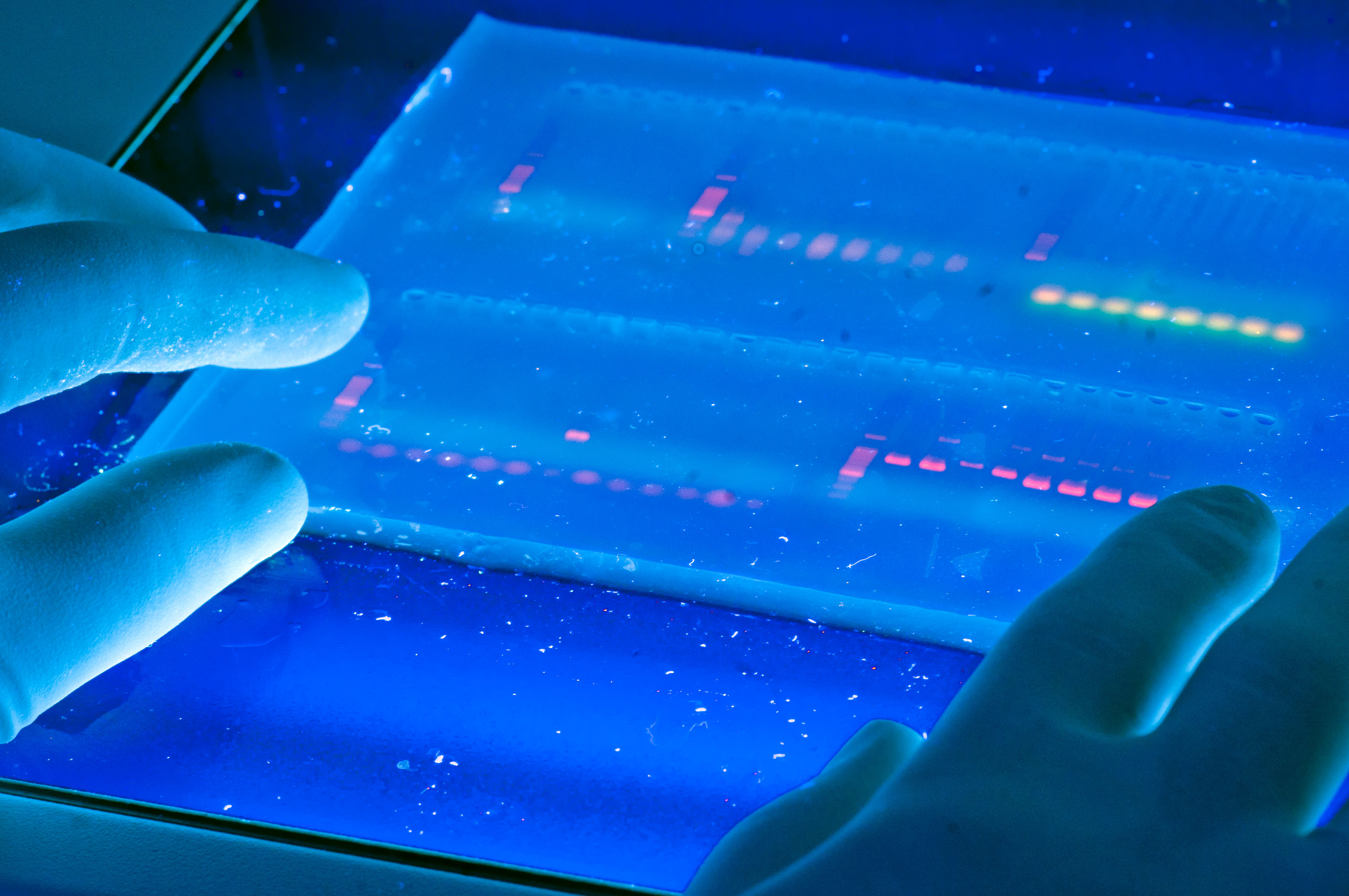Aggregated News

Abstract
Since 2019, England, France and Germany have started offering NIPT as a publicly funded second-tier test for common chromosomal aneuploidies (trisomy 21, 18 and/or 13). Despite these benefits, the introduction of NIPT into routine prenatal care also raises a number of ethical concerns. In this paper, we analyse how these issues are discussed differently across countries, echoing the different socio-political particularities and value-systems that shape the use and regulation of NIPT in a specific country. The international comparison between England, France and Germany shows how each country defines the principle of reproductive autonomy and weighs it against other principles and values, such as, human dignity, disability rights and the duty of care of health professionals. In terms of methodology, our literature review focuses on arguments and regulations of prenatal testing and reproductive choices (specifically on NIPT), through the investigation of regulatory, parliamentary, scientific, medical, association, institutional and media sources. The comparative review helps to better understand ethical questions discussed with regard to NIPT, and, more broadly, to prenatal genomic testing, and the limits associated with reproductive autonomy in the...



